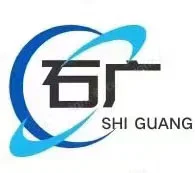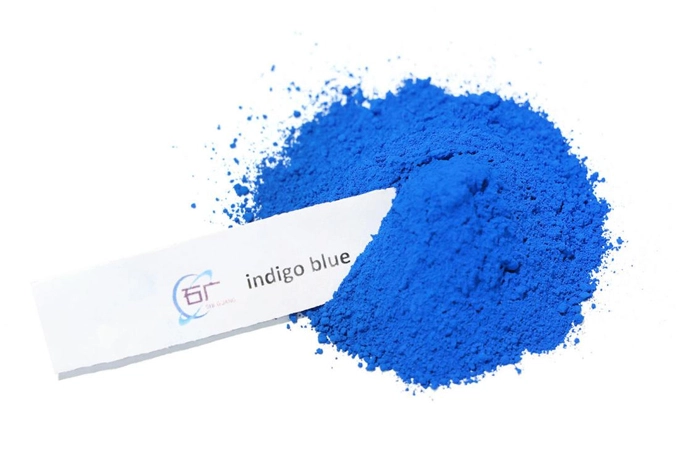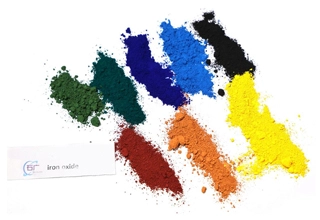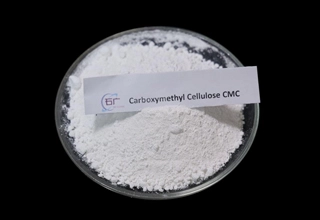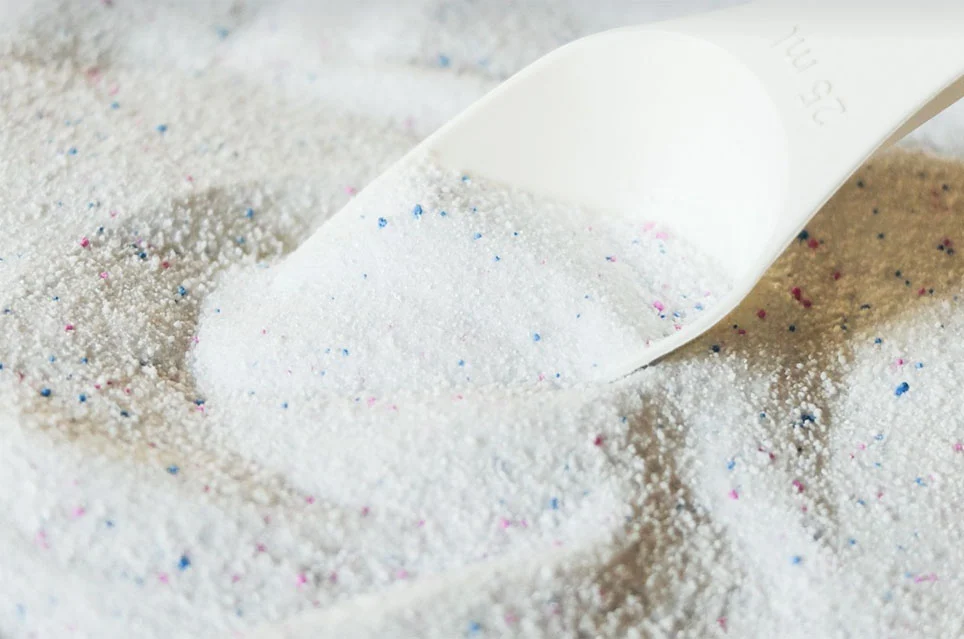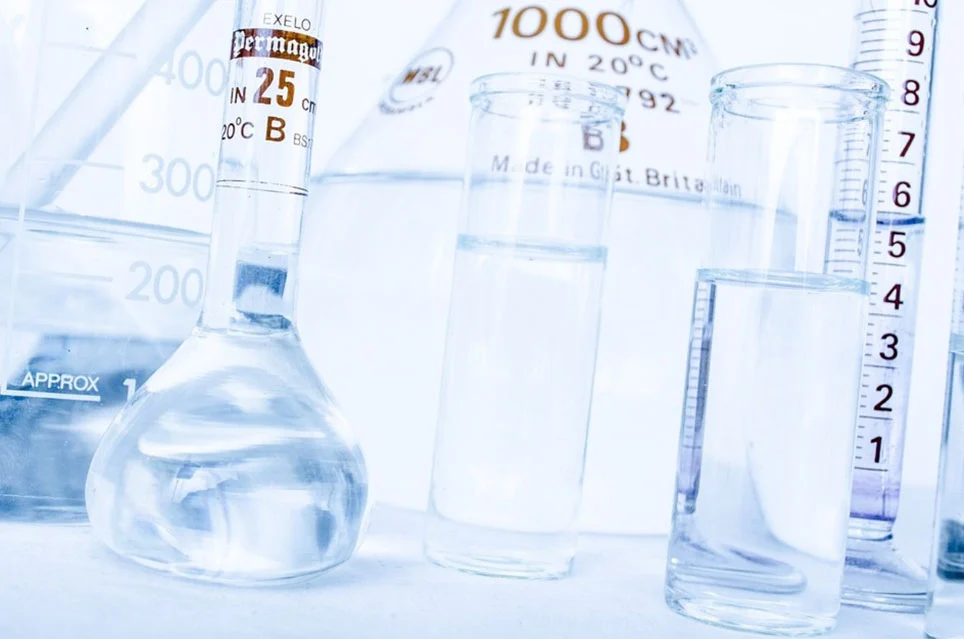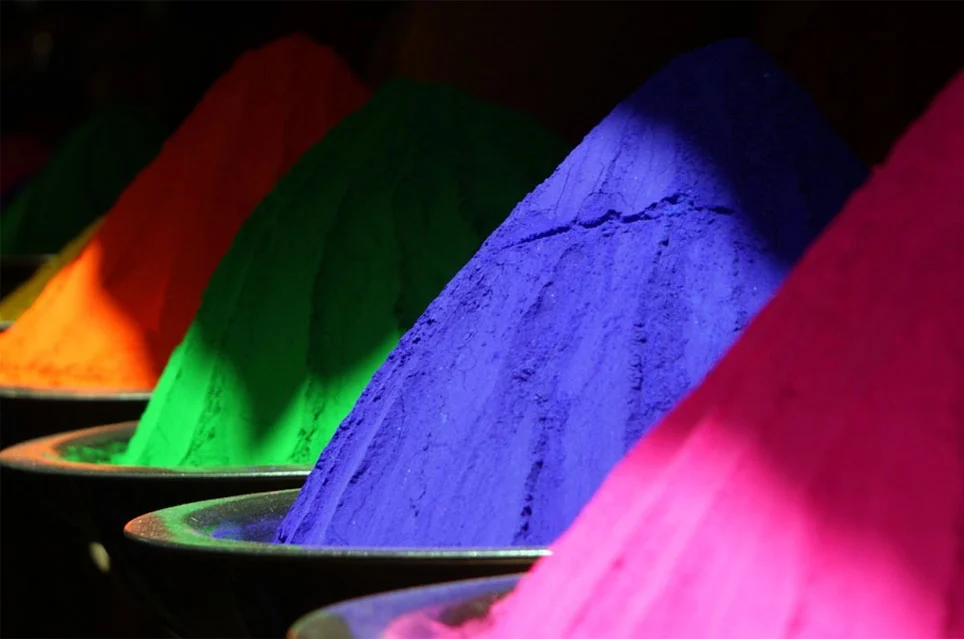Introduction of Indigo Blue
Indigo blue is a vat dye with a history of more than 3,000 years. Xun Kuang's famous saying of the Warring States Period, "Blue, comes from blue and is better than blue" originated from the indigo dyeing technology at that time. "Qing" here refers to cyan, and "blue" refers to the blue grass from which indigo is made. Before the Qin and Han Dynasties, the application of indigo was quite common.
It has poor light resistance and heat resistance, and is unstable to citric acid, tartaric acid and alkali. 1g is soluble in about 100ml of water at 25°C. Its solubility in water is lower than other synthetic edible pigments. A 0.05% aqueous solution is blue.
Specification of Indigo Blue
| Product name | Indigo blue |
| CAS No. | 482-89-3 |
| Hs code | 3204151000 |
| Formula | C16h10n2o2 |
| EINECS | 207-586-9 |
| Appearance | Blue Powder |
| Usage | Paints, Plastics, Cosmetic, Food, Textile, Leather, Paper, Ink |
Chemical & Physical Properties of Indigo Blue
Density | 1.4±0.1 g/cm3 |
Boiling Point | 400.4±45.0 °C at 760 mmHg |
Melting Point | >300 °C(lit.) |
Molecular Formula | C16H10N2O2 |
Molecular Weight | 262.26 |
Flash Point | 158.2±28.9 °C |
Exact Mass | 262.074219 |
PSA | 58.20000 |
LogP | 3.72 |
Vapour Pressure | 0.0±0.9 mmHg at 25°C |
Index of Refraction | 1.709 |
Solubility of Indigo Blue
slightly soluble in water, ethanol, glycerin and propylene glycol, insoluble in oils and fats. The 0.05% aqueous solution was dark blue. 1g is soluble in about 100ml, water at 25 ° C, the solubility in water is lower than other edible synthetic pigments, and the 0.05% aqueous solution is blue. Soluble in glycerin, propylene glycol, slightly soluble in ethanol, insoluble in oil. In case of concentrated sulfuric acid, it is dark blue, and after dilution, it is blue. Its aqueous solution plus sodium hydroxide is green to yellowish green. Indigo is easy to color, has a unique color tone, and is widely used. Heat resistance, light resistance, alkali resistance, oxidation resistance, salt tolerance and bacterial resistance are both poor. Fading when reducing, such as reduction with sodium sulfoxylate or glucose, it becomes white. The maximum absorption wavelength is 610 nm ± 2 nm.
Stability of Indigo Blue
light resistance, poor heat resistance, unstable to citric acid, tartaric acid and alkali.
Usage of Indigo Blue
Mainly used for dyeing cotton yarn and cotton cloth. It can also be used for wool and silk, and is used in carpets and handicrafts.
Including industrial grade and food grade. It is used as a food colorant at the food level. Our country stipulates that it can be used in red and green silk, and in juice (flavor) drinks, carbonated drinks, prepared wine, candies, etc.
Industrially, it is mainly used for dyeing cotton yarn and cotton cloth, and is the main dye for dyeing blue denim. Also used for dyeing wool and silk and manufacturing lakes and organic pigments.
Advantages of Indigo Blue
high concentration, few impurities, good stability, not easy to fade; bright and bright color.
Packing of Indigo Blue
(1) 25KG Plastic-Woven Bag with double polyester liner
(2) 200KG Carton with double polyester liner
(3) 20KG/15KG Iron Drum with double polyester liner
 English
English Nederland
Nederland